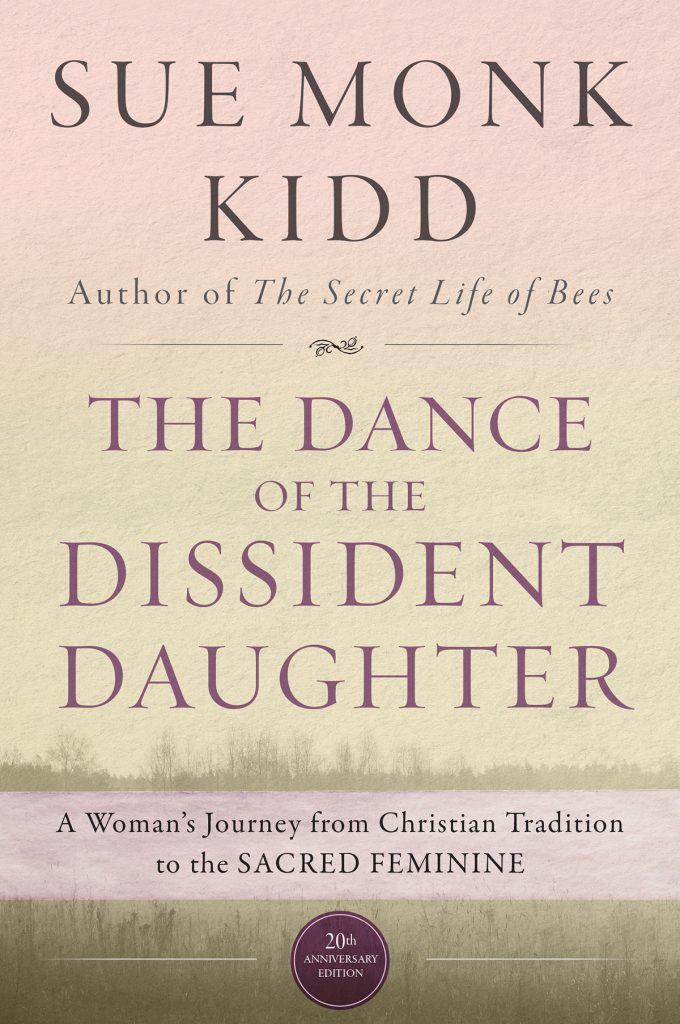The Dance of the Dissident Daughter – Excerpt
It was autumn, and everything was turning loose. I was running errands that afternoon. Rain had fallen earlier, but now the sun was out, shining on the tiny beads of water that clung to the trees and sidewalks. I parked in front of the drugstore where my daughter, Ann, fourteen, had an after-school job. Leaping a puddle, I went inside.
I spotted her right away kneeling on the floor in the toothpaste section, stocking a bottom shelf. I was about to walk over and say hello when I noticed two middle-aged men walking along the aisle toward her. They looked like everybody’s father. They had moussed hair and wore knit sport shirts the color of Easter eggs, the kind of shirts with tiny alligators sewn at the chest. It was a detail I would remember later as having ironic symbolism.
My daughter did not see them coming. Kneeling on the floor, she was intent on getting the boxes of Crest lined up evenly. The men stopped, peered down at her. One man nudged the other. He said, “Now that’s how I like to see a woman— on her knees.”
The other man laughed.
I stood frozen in the next aisle. I watched the expression that crept into my daughter’s eyes as she looked up.
Seeing her kneel at these men’s feet while they laughed at her subordinate posture pierced me through.
The men’s laughter seemed to go on and on. I could hardly move. I felt like a small animal in the road, blinded by the light of a truck, knowing some terrible collision is coming but unable to move. I stared at my daughter on her knees before these men and could not look away. Somehow she seemed more than my daughter; she was my mother, my grandmother, and myself. She was every woman ever born, bent and contained in a small, ageless cameo that bore the truth about “a woman’s place.”
In the profile of my daughter I saw the suffering of women, the confining of the feminine to places of inferiority, and I experienced a collision of love and pain so great I had to reach for the counter and brace myself.
Still I didn’t know what to do. When I was growing up, if my mother had told me once, she’d told me a thousand times, “If you can’t say something nice, don’t say anything at all.” It was the kind of thing that got cross-stitched and hung in kitchens all over my native South.
I’d grown up to be a soft-voiced, sweet-mouthed woman who, no matter how assailing the behavior before me or how much I disagreed with it, responded nicely or else zip-locked my mouth shut. I had swallowed enough defiant, disputatious words in my life to fill a shelf of books.
But it occurred to me that if I abandoned my daughter at that moment, if I simply walked away and was silent, the feminine spirit unfolding inside her might also become crouched and silent. Perhaps she would learn the internal posture of being on her knees.
The men with their blithe joke had no idea they had tapped a reservoir of pain and defiance in me. It was rising now, unstoppable by any earthly force.
